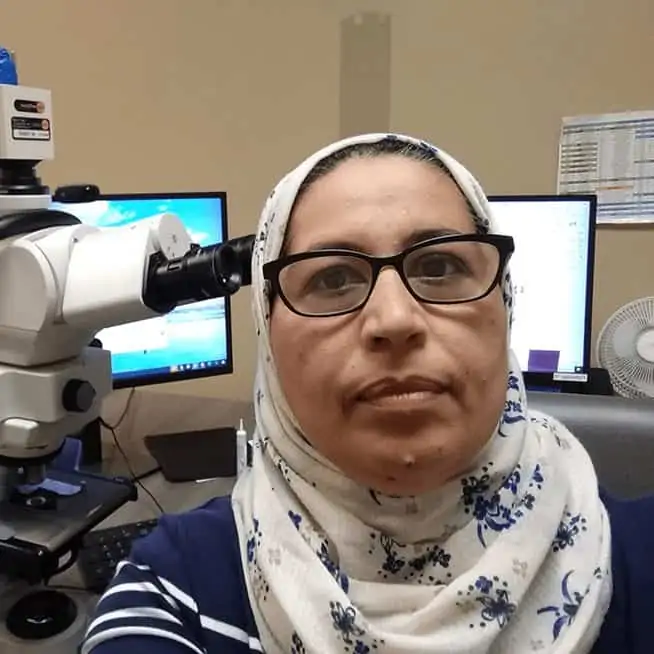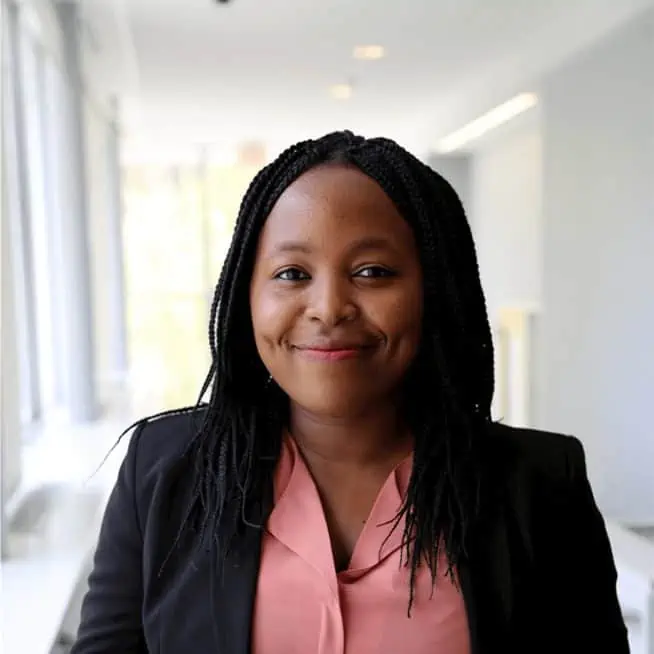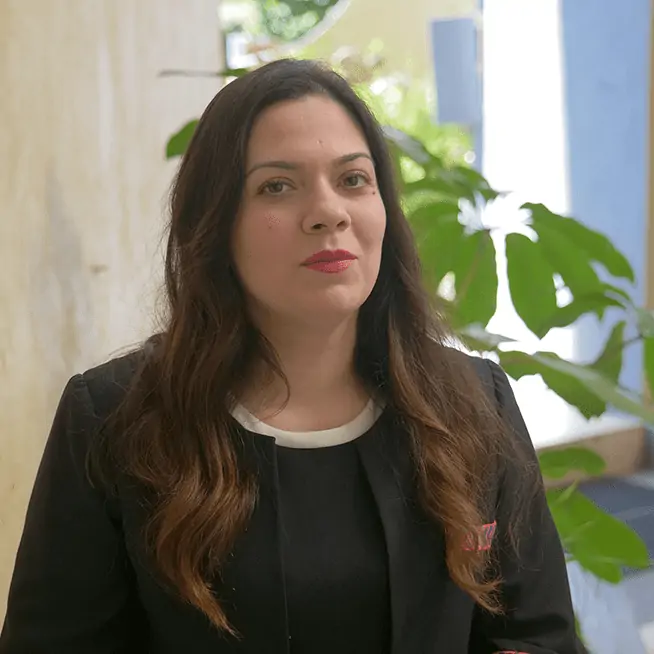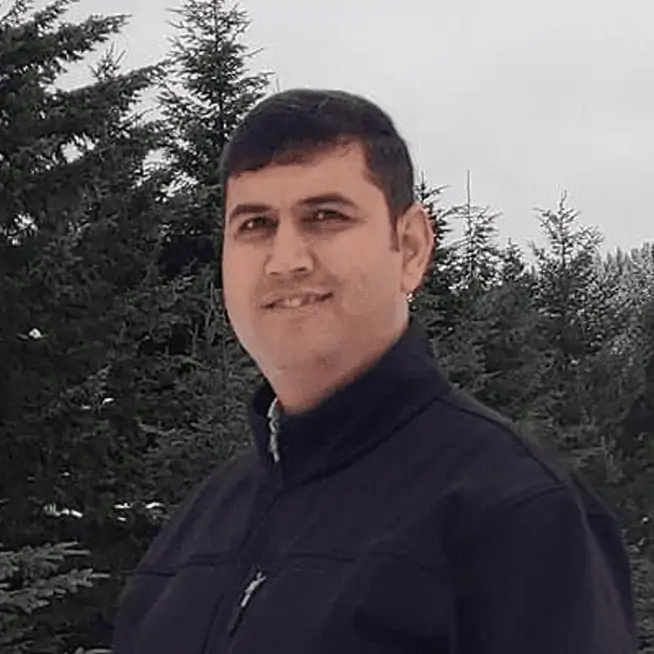#UntappedTalent: Inclusive Economies for All
Join our campaign to advance policies that are inclusive of all workers and open pathways so that everyone has a fair chance of reaching their educational and career goals.
Together, we can build a workforce that works for all.
The #UntappedTalent campaign concluded in January, 2023. Learn more about our current efforts on our Policy Advocacy page.
The Challenge
A strong economy is an inclusive economy in which all workers can thrive. Yet more than two million immigrants and refugees with college degrees are underemployed or unemployed in the U.S. Sixty percent hold international credentials.
Systemic barriers to economic mobility—including limited recognition of international credentials—impact individuals who are trying to rejoin their professions, deny communities critical social, cultural, and linguistic competence, and keep millions of dollars out of the U.S. economy each year.
There are opportunities for reform.
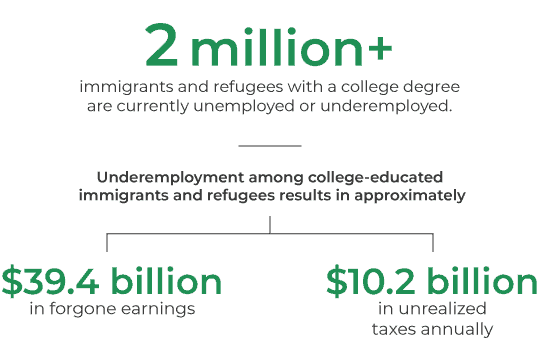
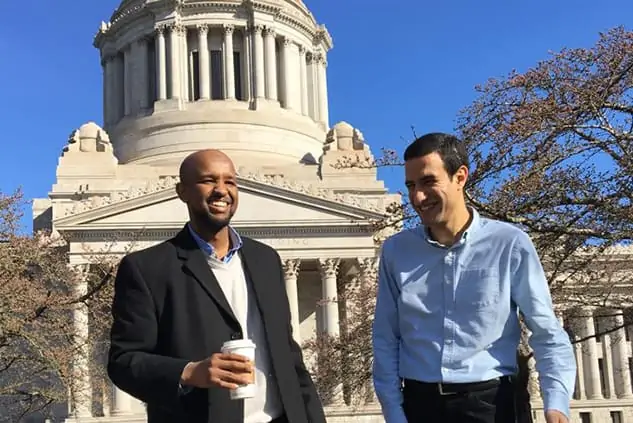
The Solution
Together, we can open pathways to success for all. We must:
Invest in accessible workforce development training and English language learning.
Support state and local efforts to advance the economic inclusion of immigrants and refugees.
Ensure that occupational licensing laws recognize international credentials.
By joining the #UntappedTalent campaign, you can help WES accomplish all these goals.
Congress Passes the Bridging the Gap for New Americans Act
On September 19, 2022, the U.S. Congress passed the Bridging the Gap for New Americans Act. More than 200 partners joined the WES-led campaign to pass this bipartisan legislation, which directs the government to study the factors limiting employment opportunities for immigrants & refugees who hold credentials from another country.
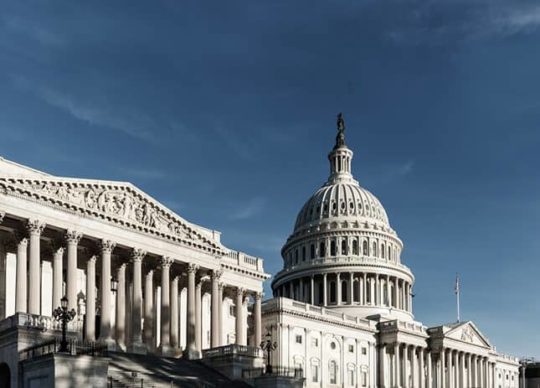

Spread the word about our efforts to build an inclusive and equitable workforce.

